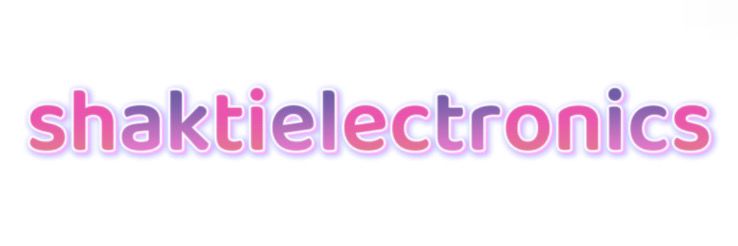Windows Tablet Barcode Scanner vs Traditional Handheld Scanners: Which Is Best?
Mar. 18, 2025
In today’s fast-paced business environment, choosing the right barcode scanning solution is essential for efficiency and accuracy. With technology evolving rapidly, many companies are torn between using a Windows tablet barcode scanner and traditional handheld scanners. This decision can significantly impact your operations, so let's dive into the key differences between these two options.
Want more information on windows tablet barcode scanner? Feel free to contact us.
Understanding the Basics
Before we delve into the comparison, it's crucial to understand what we’re talking about. A Windows tablet barcode scanner typically combines a tablet device with built-in scanning capabilities. These devices often run on the Windows operating system, allowing for seamless integration with existing software and applications. On the other hand, traditional handheld scanners are specialized devices designed solely for scanning barcodes. They are often known for their durability and ease of use.
Key Differences
1. Versatility and Functionality
Windows tablets serve multiple purposes beyond just scanning. They can run various applications tailored to your business needs, allowing employees to access data, manage inventory, or even handle customer interactions, all from a single device. This versatility is one of the standout features of Windows tablet barcode scanners.
In contrast, traditional handheld scanners are dedicated tools for barcode scanning. While they excel in this single function, they lack the multitasking capabilities that a Windows tablet provides. For businesses that require flexibility and additional functionalities, a tablet scanner might be the better choice.
2. Integration with Existing Systems
For companies invested in Microsoft-based systems, Windows tablets offer smooth integration with existing software. This can lead to improved workflows and data management, allowing for real-time updates and access to critical information.
Conversely, traditional handheld scanners may require additional software or middleware for integration, which can complicate setup and usage. Therefore, if your business relies on a Microsoft-centric infrastructure, adopting a Windows tablet might be more advantageous.
3. User Experience and Ease of Use
When it comes to user experience, Windows tablets provide a familiar interface for many employees. Most people are accustomed to navigating applications on tablets or touchscreen devices, which can reduce the learning curve significantly.
Traditional handheld scanners, while simpler, may not offer the same level of user interaction. They often come equipped with physical buttons and a limited display, which can make complex operations more cumbersome. The intuitive nature of a Windows tablet can enhance productivity and reduce errors during scanning.
Considerations for Portability
1. Weight and Size
Portability can vary significantly between the two options. Windows tablets are typically lightweight and compact, making them easy to carry around. Employees can effortlessly transition from scanning to data entry, all while staying mobile.
While many handheld scanners are designed for portability, they often feel bulkier than tablets. If your operations involve frequent movement between locations, a tablet might offer a more streamlined experience.
2. Battery Life
Battery life is another crucial factor to consider. Windows tablets often feature robust batteries that can last a full workday, especially with efficient power management settings. However, heavy use of applications and scanning can quickly drain the battery.
Traditional handheld scanners usually have a longer battery life due to their dedicated functionality, often lasting several shifts without needing a recharge. If prolonged usage is anticipated in your workflow, this could sway your decision.
Cost Considerations
Price is always a significant factor in any purchasing decision. Windows tablets can be more expensive initially, as you are not just paying for the scanning capability but also for the tablet's multifaceted functionality. However, the investment may lead to long-term savings through increased efficiency and reduced training time.
On the flip side, traditional handheld scanners may have a lower upfront cost, but their single-function nature might require additional investments in software or multiple units for different tasks.
Conclusion: Which to Choose?
Ultimately, the choice between a Windows tablet barcode scanner and a traditional handheld scanner depends on your specific needs and operational requirements. If your business benefits from versatility, advanced functionality, and seamless integration with Microsoft systems, a Windows tablet might be your best bet. However, if you need a straightforward, dedicated device focused solely on barcode scanning with robust battery life, a traditional handheld scanner could be the way to go.
Evaluate your business operations carefully, considering how each option aligns with your goals. By understanding these differences, you can make a well-informed decision that enhances productivity and supports your business's unique needs.
If you are looking for more details, kindly visit 12.1 inch anti-glare capacitive touch panel.
65
0
0

Comments
All Comments (0)